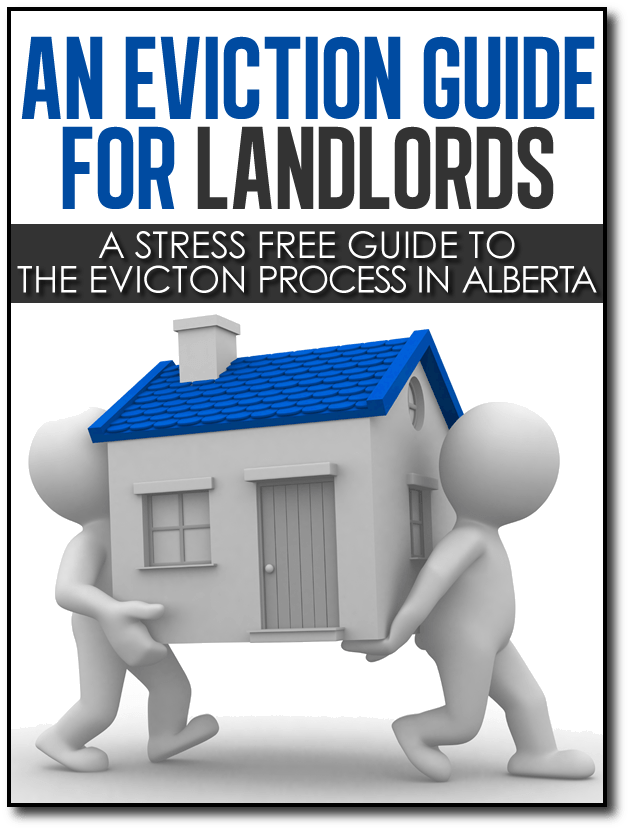 Do you think the banks are getting away with too much profits and taking to little responsibility for their actions? Now I am lumping lenders and banks together and not all are created equal, but there are some financial institutions out there who don’t give a hoot about their clients, just their profits and their stock holders and I think this is a problem. Admittedly, I have a biased viewpoint on this one, at least to a certain degree, so it may be interesting to get some feedback from others.
Do you think the banks are getting away with too much profits and taking to little responsibility for their actions? Now I am lumping lenders and banks together and not all are created equal, but there are some financial institutions out there who don’t give a hoot about their clients, just their profits and their stock holders and I think this is a problem. Admittedly, I have a biased viewpoint on this one, at least to a certain degree, so it may be interesting to get some feedback from others.
This current scenario all revolves around this question at the moment, “At what point is the bank responsible for the highly profitable, almost zero risk to them, 35 and 40 year mortgages that required 10% down or less?” The blame has consistently been on the property owners who have been over extending themselves, buying too much house, or simply getting caught up with the thought home prices never drop. But didn’t the bank loan them the money to start the ball rolling? If these were potentially risky purchases, shouldn’t the bank take some of the heat, they had no problem making all the profits?
Anyone with a low down mortgage, who purchased their property from mid 2007 to potentially mid 2009, is now likely in a situation where they owe more than the property is worth, or at the very least, it will cost them more to sell it than they have equity after realtor’s commissions, lawyer’s fees etc. Yet because high ratio mortgages are insured (and the borrower pays these fees, not the bank!), the banks have minimal risk involved. If we can blame the property owner for not being educated enough about the markets to understand values can drop, why were the lenders lending to them if they knew the potential outcome, surely they were educated enough? Is it possible they never had the homeowner’s best interests in mind?
The real kicker to this is what recently happened to me and apparently is starting to happen to others as well. You see, under current mortgage laws, lenders are not required to renew a mortgage when it comes due. Once a mortgage does come due, they can simply request all their money back as per the multi-page legal mortgage contract you signed. Since it is often in the lender’s best interests to not renew and reduce their risk, especially if values have dropped enough to make the mortgage value close to or below the property value, they are following what is best for them and it doesn’t matter what the mortgage holder’s history is. Even if a person’s payment history is impeccable, it comes down to profits.
I have experienced this personally with two rental properties now not being renewed. In my case neither had high ratio mortgages, one was a 25% down and the other a 20% down conventional mortgage! Unfortunately I’m not alone, I have also talked to several other property owners and they too are running into issues as well with lenders not renewing. So this isn’t an isolated incident, it is occurring more and more frequently.
On the positive side, the lenders who appear to be following this approach so far appear to not be the main charter banks like RBC or TD-Canada Trust, but rather the second tier lenders such as Exceed mortgages (who I would never recommend anyone use now!). Since a majority of all the mortgages are through these primary lenders, this should provide some security for many individuals (at least currently), but what kind of trend will the secondary lenders create and in the future will the main banks follow their lead if the economy doesn’t rebound soon?
Theoretically, if this policy of not renewing a mortgage spreads and the economy doesn’t rebound, it could lead to even more downward pressure on property values. Many property owners would be stuck in a situation where they are handcuffed by the lenders and are forced to sell. With the pressure of pending foreclosure against the owner, this could lead to a rush of motivated sellers in the market who would be essentially dumping their homes to protect their credit. If they have funds to even pay any shortcomings.
The other issue that occurs is that if a property has a mortgage equal to or close to the property value, Realtors are required to be prepaid their commissions which are held in trust until the sale goes through. If times are tough, you may not have $15,000 or whatever the commission amount is just lying around for the brokerage to hang onto.
Again theoretically, this type of setback could push more families and individuals into bankruptcy or near bankruptcy. The repercussions of this for many families could have implications for decades and ripple throughout the economy.
So while I am not advocating that home buyers are totally blame free, some of the responsibility of signing off on many of these mortgages prior to the downturn should still fall on the shoulders of the lending institutions. What are your thoughts? Should banks be entitled to their huge profits at the expense of the homeowners? Or should the homeowners have been better educated before buying?
You can contact me at bill@housez.ca with your thoughts.



On a personal note, one of my banks now charges me a % if I deposit too much cash…can you believe it? Now they don’t want my paper money. I think maybe I should hide it all in a mattress…